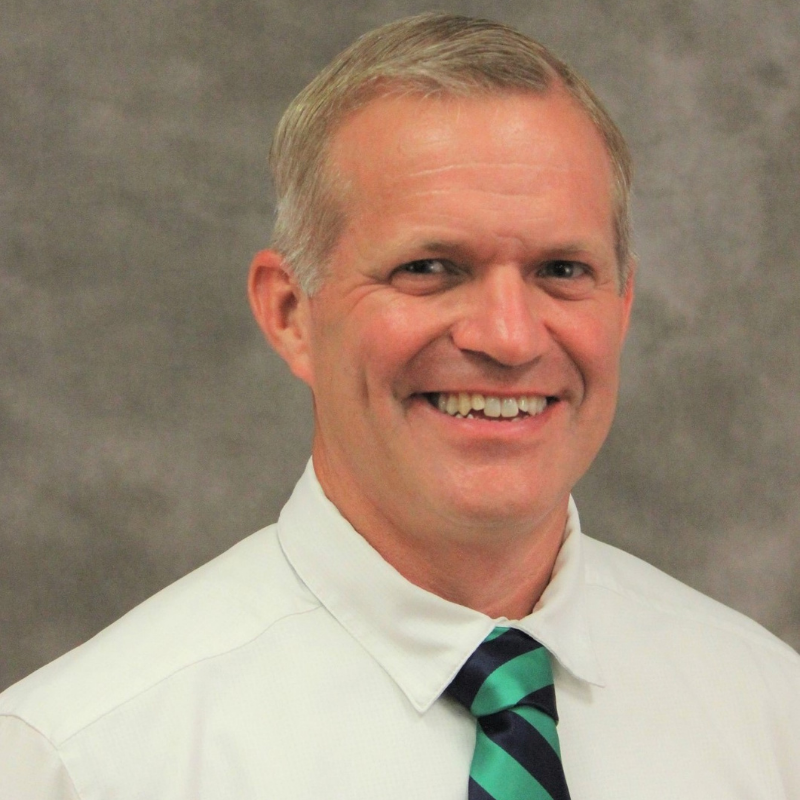From Our Sponsor, Ave Maria University
Compete without compromising. Pursue excellence while simultaneously pursuing salvation.
These are the cornerstones of an authentically Catholic engagement in collegiate athletics.
Recently, I was asked by Ave Maria University’s Vice President of Marketing to provide questions for the Examination of College, a tool to help young people discern the right college choice. As I crafted the questions, a few themes emerged that enable you to do just that: compete without compromise.
Positive Peer Pressure
The essence of team sports relies upon the effect one teammate has upon another.
- Do the teammates encourage moral behavior off the field?
- Do the teammates recognize temptation and sin as evil?
- Do the teammates prioritize true happiness over fleeting pleasure?
- Does the team view self-control and discipline as limitations or virtues?
These questions speak to the truth: your teammates can have a profound impact on your views. This is because it’s natural to trust a teammate. Every drill, every repetition, and every sacrifice is oriented toward building trust. You trust your teammates to protect you, to increase your chances at success, and to take you to a place you couldn’t have gone without them. The team is stronger when individuality decreases.
Thus, it is also tempting to trust your teammate in matters not directly related to team play. So what happens if the teammate—who has commendable attributes on the field—doesn’t pursue virtue off the field? What if the team, which exercises laudable discipline in the weight room, doesn’t promote discipline in dorm life?
A Catholic athletic program must promote positive peer pressure. Ideally, the same people who motivate you to get out of bed for an early morning practice will also motivate you to go to confession.
Conquering Love
There is a strong temptation in athletics to pursue transactional relationships: “What can I do for you, and what can you do for me?” In a coach-athlete dynamic, this could be: I will make you a better athlete, and you will give me great effort. I will offer you an athletic scholarship, and you will give me a chance to win more games. These aren’t explicitly stated, but they animate much of how collegiate sports operate.
Transactional relationships can result in on-field success, but does that success beget transformation? As Christians, we are called to constant conversion, and conversion comes through love.
A coach is repeatedly required to modify the behavior of athletes. Is this modification motivated by love of the person or solely by love of victory?
We know that some of the greatest growth comes from one’s reaction to failure, and that individual’s failures are sometimes the greatest opportunity for a conversion of heart.
Does the culture of the team lift up those who struggle and make mistakes, or does it look to find fault and cast blame?
How the program responds to failure and mistakes is critical to the health of each individual player. Vulnerability is often required for transformation. We don’t celebrate failure, but we celebrate the love that turns defeat into victory.
Win
Every athlete must desire victory or else the basic premise of the game is compromised. It is important for a Catholic program to strive for excellence, including competitive excellence. Winning helps give legitimacy to the leader and to the leader’s message.
Thankfully, the vast majority of wins and losses in life are simple choices. Am I going to get to class on time? Am I going to be a good teammate? Am I going to create time for prayer? Each of these can constitute a “win.”
If winning isn’t the point, then what is? Sin and despair cannot defeat us, and neither can the scoreboard. If there is victory in death through the Resurrection, there can certainly be victory in sport, regardless of the score.
That being said, we are all called to greatness: to use our gifts to the fullest. We owe God our best effort. Striving for wins in the name of Christ will inevitably translate to wins on the field.
Ave Maria University went 0-10 my first year as head football coach, but two years later we won the conference championship. That win should be celebrated, despite the failures along the way. Let’s all desire victory while keeping in mind it’s our decisions that define us, not the scoreboard.
We must commit and recommit to the values of Catholic education and to the values of authentically Catholic athletic programs. Let’s pursue competitive excellence without compromise.

It’s Here: The Bible & Catechism App!
The word of God and the complete teachings of the Catholic Church. Answers and commentary by Fr. Mike Schmitz, Jeff Cavins, and other experts. Video, audio, and textual commentary. Right on your phone.
You May Also Like:
The Power of Our Name: Ave Maria University
The Vocation of Work, Explained Through Mary’s Fiat
Finding Christ in the NFL (with Joe Reitz) [Audio]

Joe Patterson is the Director of Athletics and Head Football Coach at Ave Maria University. He earned his master’s degree in Catholic Leadership from CUA and his bachelor’s degree at Villanova University. He taught literature and coached football at St. John’s College High School in Washington, D.C., for 19 years prior to coming to AMU. Coach Patterson and his wife, Jana, live in Ave Maria, Florida, and have six children.






0 Comments